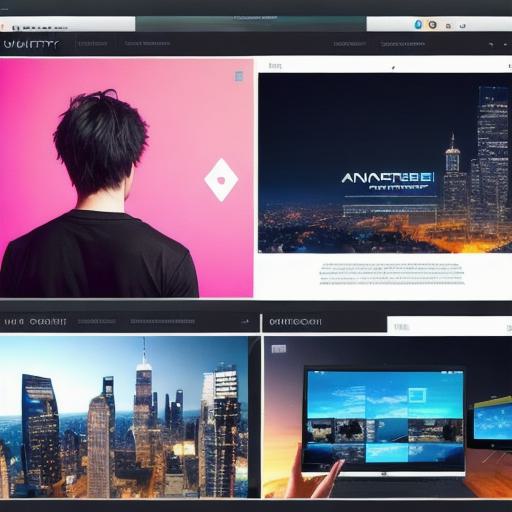Introduction
As a web developer, expanding your skillset by dabbling in 3D game development using Unity can be an exciting and rewarding endeavor. Unity is a powerful cross-platform engine that supports both 2D and 3D content creation. In this guide, we’ll explore the roles, responsibilities, and requirements of being a Unity developer, focusing on the web-related aspects.

What Is a Unity Developer?
A Unity developer is responsible for creating interactive 3D and 2D applications using the Unity game engine. They design and develop games or interactive experiences for various platforms, such as web, mobile devices, consoles, and virtual reality (VR). Unity developers often collaborate with artists, designers, writers, and other team members to bring their projects to life.
Responsibilities of a Unity Developer in the Web Sphere
- Creating Interactive Web Experiences: Unity developers create web-based interactive experiences using HTML5, WebGL, and JavaScript to run their Unity games or applications directly in the browser. They must optimize their projects for various web platforms and ensure a smooth user experience.
- Implementing User Interfaces: Developers design and implement UI components that interact with their Unity-powered web experiences, creating an engaging and intuitive interface for users.
- Network Programming: For multiplayer web games, Unity developers must understand how to handle network programming using Unity’s built-in networking capabilities or external solutions like Photon or Mirror.
- Debugging and Optimization: Ensuring a seamless user experience requires extensive debugging and optimization skills. Developers must identify and resolve performance issues and bugs in their projects.

- Collaborating with Team Members: Unity developers often work closely with artists, designers, sound engineers, and other team members to create cohesive and engaging web experiences.
**Requirements for Becoming a Unity Developer: Skills & Knowledge**
- Strong Programming Background: A solid foundation in programming concepts is essential for becoming a successful Unity developer. C or JavaScript knowledge is particularly beneficial as both languages are commonly used with Unity.
- Understanding of 3D Math and Logic: Familiarity with 3D mathematics, including transformations, matrices, and vector calculations, is crucial for building 3D projects in Unity.
- Experience with Unity Engine: Mastering the basics and advanced features of the Unity game engine is essential to creating interactive web experiences.
- Web Development Knowledge: A strong understanding of web development technologies like HTML5, CSS, JavaScript, and WebGL is necessary for publishing Unity projects on the web.
- Creativity and Problem-Solving Skills: As a Unity developer, you’ll need to think creatively while also being able to troubleshoot and resolve complex technical challenges.
**Summary: Expand Your Horizons with Unity Web Development**
With the increasing demand for immersive web experiences, becoming a skilled Unity developer presents numerous opportunities in the web development industry. By understanding the responsibilities, requirements, and skills necessary to succeed as a Unity developer, you’ll be well on your way to creating engaging and interactive web applications using this powerful game engine.
